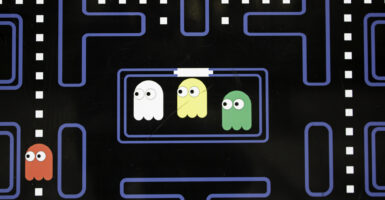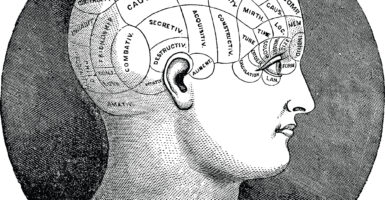18 Outdated Ideas That Surprisingly Shaped Modern Society
Ever wonder why tech CEOs act like modern-day kings, or why we still tell people to “take a deep breath” when they’re stressed? The answers lie in ideas that most of us wrote off as nonsense years ago.
These outdated beliefs, as strange as they might seem today, shaped our world in ways their original believers could never have imagined.
The Divine Right of Kings

Watch a major CEO’s keynote presentation and you’ll see echoes of royal court ceremonies. While we’ve traded thrones for ergonomic office chairs, the ghost of divine right haunts modern leadership.
Silicon Valley’s “visionary founders” command their digital kingdoms with authority that would make Louis XIV proud. Even our endless fascination with strong, charismatic leaders – from corporate boardrooms to political stages – stems from centuries of believing that certain people are chosen to lead.
Humoral Medicine
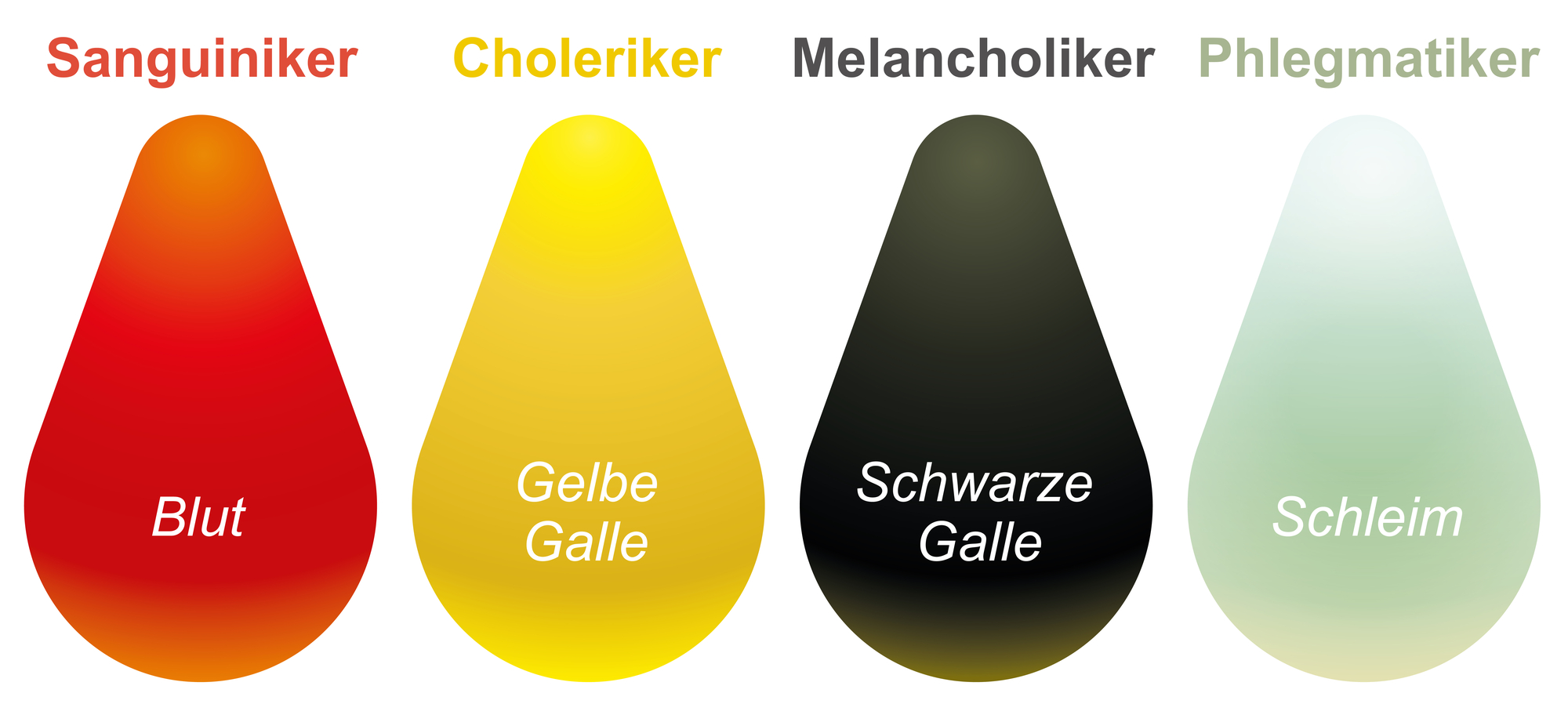
“You’re not yourself today” – this common phrase carries whispers of ancient Greek medicine. Those old physicians got it completely wrong about black bile causing depression, but their core insight about health requiring balance revolutionized medicine.
Today’s wellness trends, from seasonal eating plans to personalized medicine, echo these ancient ideas. When your doctor asks about your sleep patterns and diet before prescribing medication, they’re building on a medical tradition older than Hippocrates.
The Mechanical Universe

Isaac Newton’s clockwork universe may have given way to quantum uncertainty, but its influence ticks on in surprising places. Silicon Valley engineers tackle problems like they’re fixing cosmic machinery.
Modern factory assembly lines embody this mechanical worldview, breaking complex tasks into predictable, repeatable steps. Even artificial intelligence, with its logical decision trees and precise algorithms, follows this centuries-old vision of a predictable, mechanical world.
Phrenology
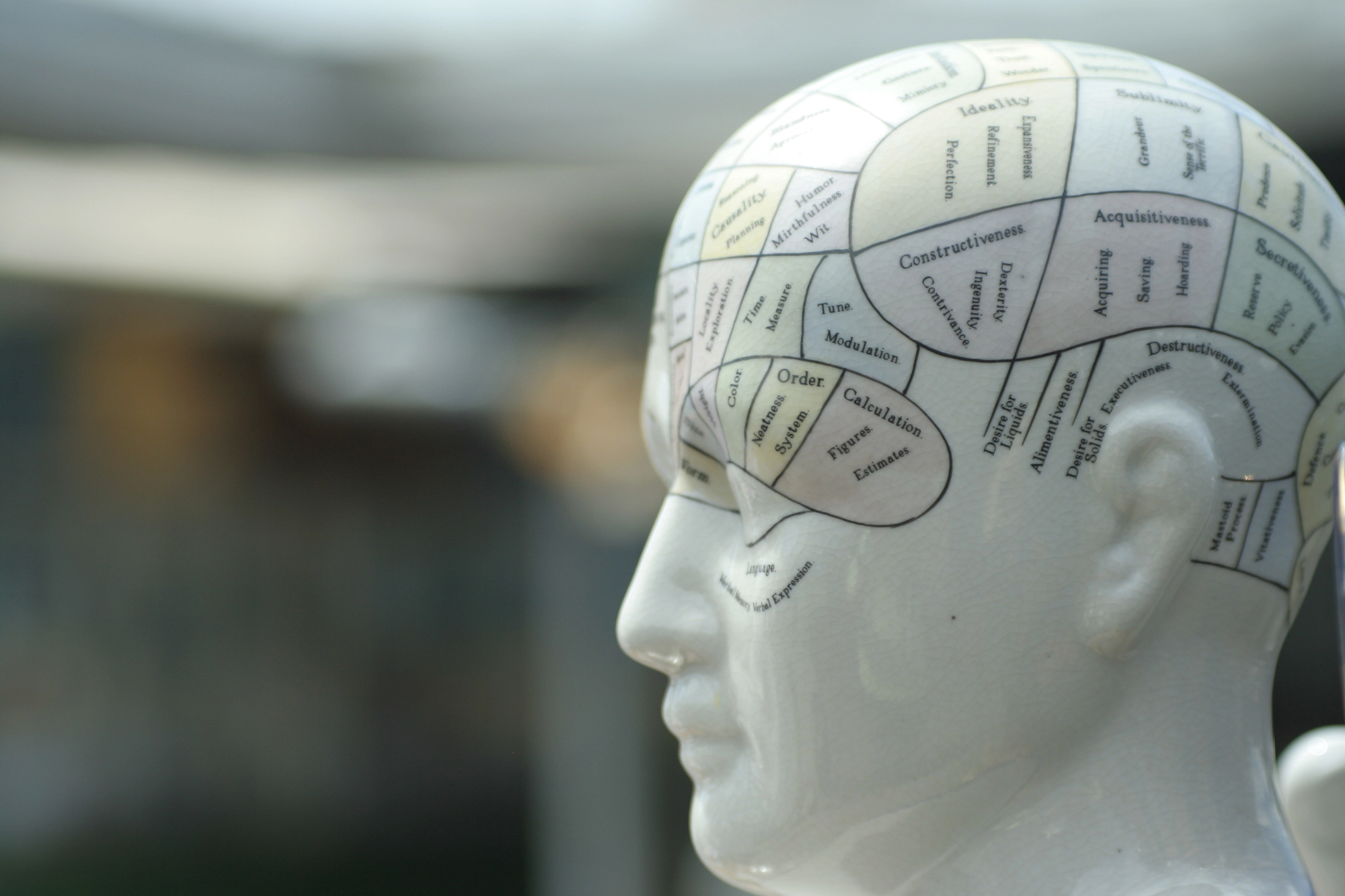
Those Victorian pseudoscientists who mapped personality traits onto skull bumps got everything wrong – yet they stumbled onto something revolutionary. Their misguided head-measuring led to the discovery that different brain regions control different functions.
Modern neuroscientists mapping brain activity with FMRI machines are, ironically, following a path first blazed by these enthusiastic skull-readers. Their mistakes paved the way for understanding how our brains really work.
Miasma Theory
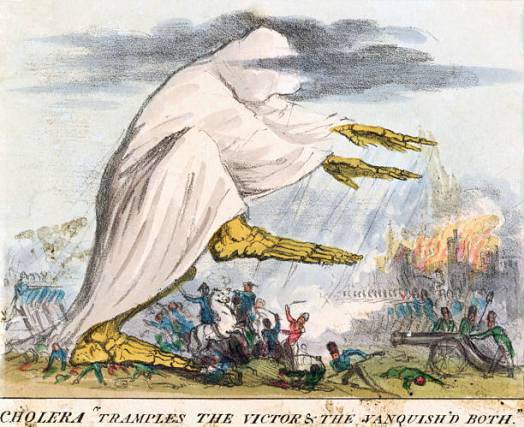
Before anyone knew about germs, people blamed diseases on bad air. Surprisingly, this wrong idea led to some right solutions.
Victorian cities built wide boulevards and sewage systems to combat “miasma,” accidentally creating infrastructure that actually did prevent disease. Next time you enjoy a public park or appreciate your city’s waste management system, thank those miasma-fighting urban planners of the past.
Spontaneous Generation
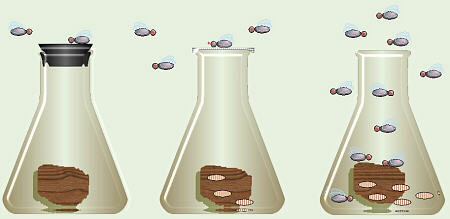
The notion that life could spring fully formed from nonliving matter seems laughable now. Yet this incorrect theory sparked questions that drove centuries of biological research.
From experiments disproving spontaneous mouse generation to modern studies of how life first emerged on Earth, this “wrong” idea kept pushing scientists to explore life’s origins. Sometimes asking the wrong question leads to the right discoveries.
Alchemy

Those medieval dreamers trying to turn lead into gold weren’t just chasing riches. Their meticulous experiments, detailed record-keeping, and systematic testing laid the groundwork for modern chemistry.
Many laboratory techniques we use today came from alchemists’ workshops. Their quest for the philosopher’s stone may have failed, but their methods revolutionized how we study the natural world.
Geocentrism
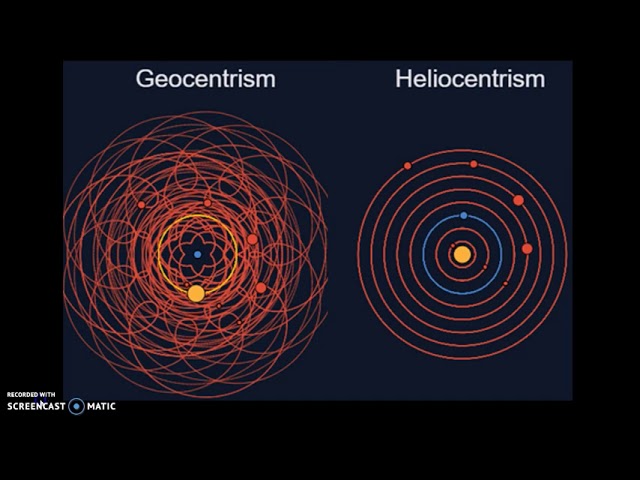
Putting Earth at the center of everything got the cosmos completely backward, but the math developed to explain this incorrect model still helps us navigate space today. The careful astronomical observations made to support geocentrism provided data that eventually proved it wrong.
Sometimes being precisely wrong leads to becoming approximately right.
Humorism in Psychology

Ancient Greek ideas about personality types based on bodily fluids seem comical now. Yet modern personality tests and emotional intelligence theories echo this old attempt to categorize human nature.
While we’ve moved beyond talking about yellow bile, the basic insight that physical and mental health intertwine shapes modern holistic medicine.
The Blank Slate Theory

The idea that we’re born as empty vessels waiting to be filled sparked an education revolution. While we now know babies come equipped with instincts and predispositions, this theory transformed how we think about human potential.
Modern debates about nature versus nurture continue wrestling with questions first raised by this oversimplified but influential concept.
Vitalism

The search for a mysterious “life force” that animates living things led nowhere – yet it pushed scientists to investigate what actually makes life different from non-life. Today’s research into emergence, consciousness, and complex systems tackles similar questions with better tools.
Sometimes asking an impossible question leads to unexpected insights.
The Great Chain of Being
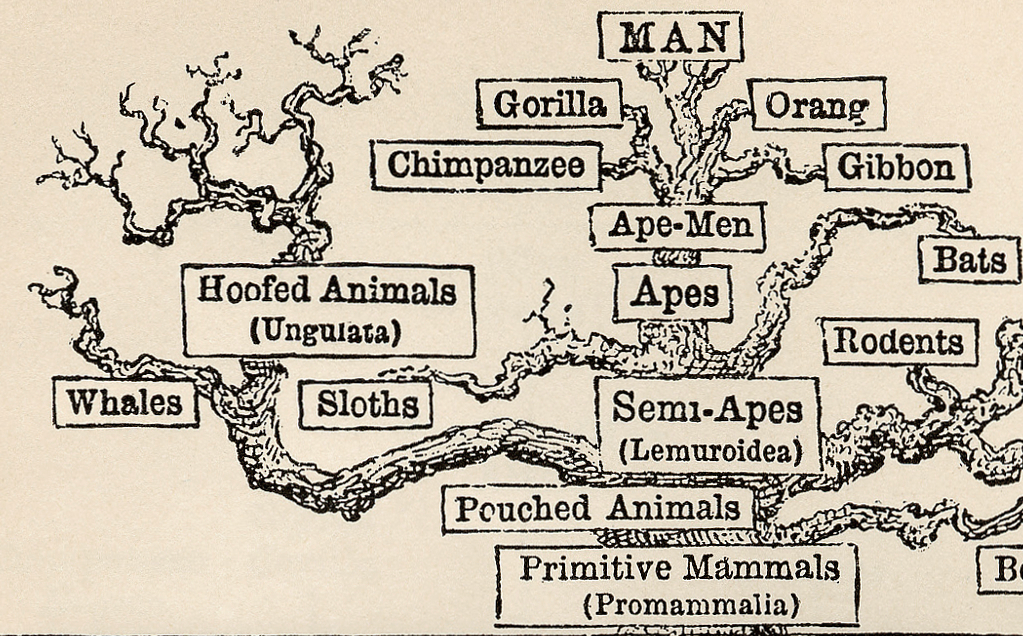
This medieval hierarchy of all creation, from angels to amoebas, seems hopelessly rigid today. Yet it represented one of humanity’s first attempts to systematically classify nature.
Modern taxonomy and evolutionary trees grow from these roots, even as they reshape our understanding of life’s interconnections.
Physiognomy

The notion that character can be read from facial features has been thoroughly debunked. However, this misguided study of faces led to genuine insights about emotion, expression, and nonverbal communication.
Today’s facial recognition technology and psychology of first impressions have surprising connections to this discredited science.
Catastrophism

Georges Cuvier’s theory that Earth’s history was shaped by sudden disasters fell out of favor – then came roaring back. Modern understanding of mass extinctions, asteroid impacts, and climate change shows that catastrophes do shape our world.
Sometimes old ideas just need better evidence to prove their worth.
Pneumatic Theory

Ancient beliefs about the spiritual power of breath seem mystical today. Yet modern stress reduction techniques, from box breathing to meditation, tap into the same connections between breathing and mental state that ancient practitioners observed.
Sometimes practical wisdom outruns scientific understanding.
Mesmerism
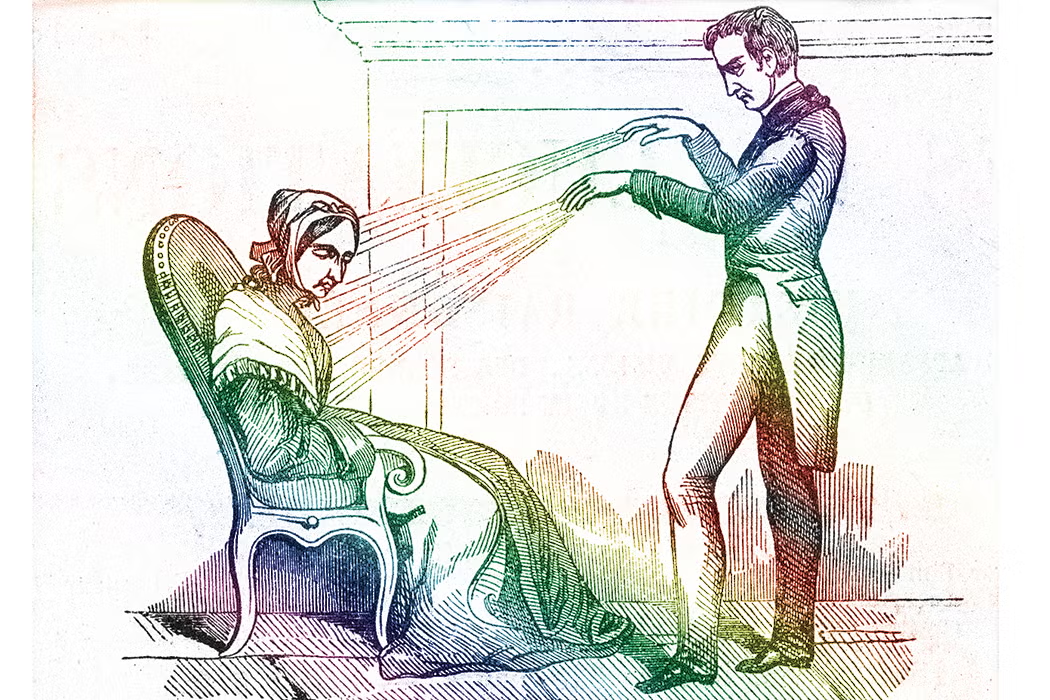
Franz Mesmer’s animal magnetism theory was pure showmanship – but it opened doors to understanding hypnosis, suggestion, and the placebo effect. Modern research into mind-body connections and psychological influence builds on questions first raised in his Paris salon.
Even wrong ideas can point toward useful discoveries.
The Tabula Rasa

The image of the mind as a blank slate shaped centuries of educational theory. While we now know it’s oversimplified, this concept transformed how we think about human development and potential.
Its influence lingers in debates about education, ability, and the limits of human adaptability.
Legacy of Yesterday’s Certainties

These old ideas remind us that progress often comes from questioning accepted wisdom. Like climbing a ladder, each wrong theory became a step toward better understanding.
They teach us to hold our own certainties humbly, knowing that some of today’s cutting-edge theories might look equally quaint to future generations. Perhaps that’s their most valuable lesson – showing how human knowledge grows not just by being right, but by learning from being wrong in interesting ways.
More from Go2Tutors!

- Famous Battles: How Much Do You Really Know About U.S. History?
- Top 5 Most Important Skills, According To Harvard Business School
- How Well Do You Know 90s Pop Culture? Take the Quiz
- Master the Art of Public Speaking with These Expert Tips
- Think You Know Capitals? Put Your Knowledge to the Test
Like Go2Tutors’s content? Follow us on MSN.


